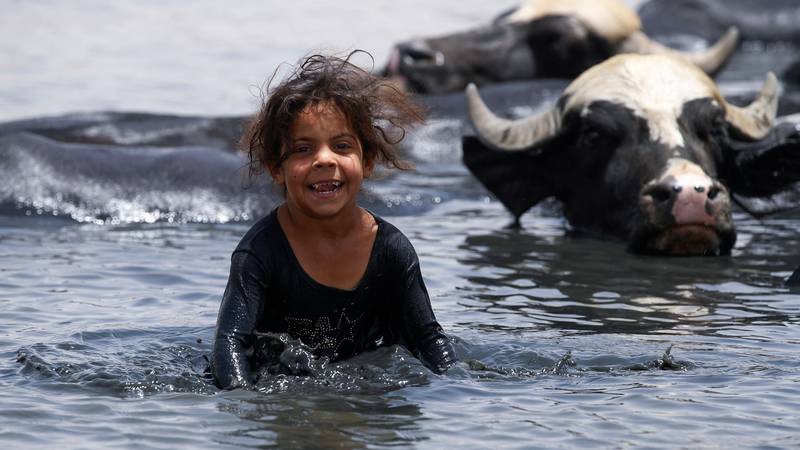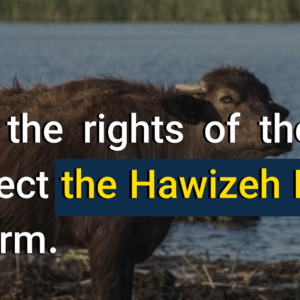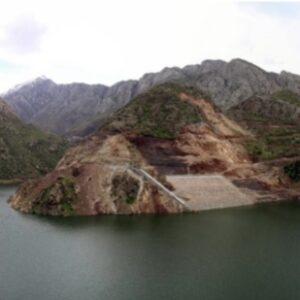Iraq on Friday became the first country in the Middle East to join the UN Water Convention, which aims to ensure the sustainable use of water resources that flow across international borders. Low rainfall, rising temperatures and reductions in Iraq’s country’s surface water have all led to critically low levels of water in recent years.
UN experts estimated that by 2050, rainfall will decrease by 25 per cent in Iraq — intensifying desertification and water scarcity in one of the countries hardest hit by climate change. According to UN figures, 19 of the 22 Arab countries are considered water scarce.
Political divisions and corruption within successive Iraqi governments, together with social strife, have contributed to the neglect of issues such as water. “Iraq faces a real water crisis”, warned Iraq’s President Abdul Latif Rashid at the UN Water Conference in New York this week. “Climate-related factors such as drought, dust storms and high temperatures that have occurred in recent years are beyond our control, and the necessary precautions must be taken to reduce the negative effects,” he said.
Mr Rashid said that over the past 40 years, the water from the Euphrates and Tigris — which provide up to 98 per cent of Iraq’s surface water — has dropped by about a third.
The Tigris, the second largest river in western Asia, and the Euphrates are the most important sources of surface water for some 237 million people across Iraq, Iran, Syria and Turkey. Mr Rashid stressed the need to work with neighbouring countries through agreements and commitments to ensure a fair share of water. “At present, no basin-wide arrangement consensus exists among riparian countries regarding the management of Euphrates and Tigris,” Mr Rashid said.
“I strongly encourage all the countries to follow Iraq in acceding to both the 1997 United Nations Convention on the Law of Non-Navigational Uses of International Watercourses and the 1992 Convention on the Protection and Use of Transboundary Watercourses and International Lakes.”
The UN Water Convention came into force in 1996. It requires signature countries to “use transboundary waters in a reasonable and equitable way and ensure their sustainable management”.






Leave a Reply